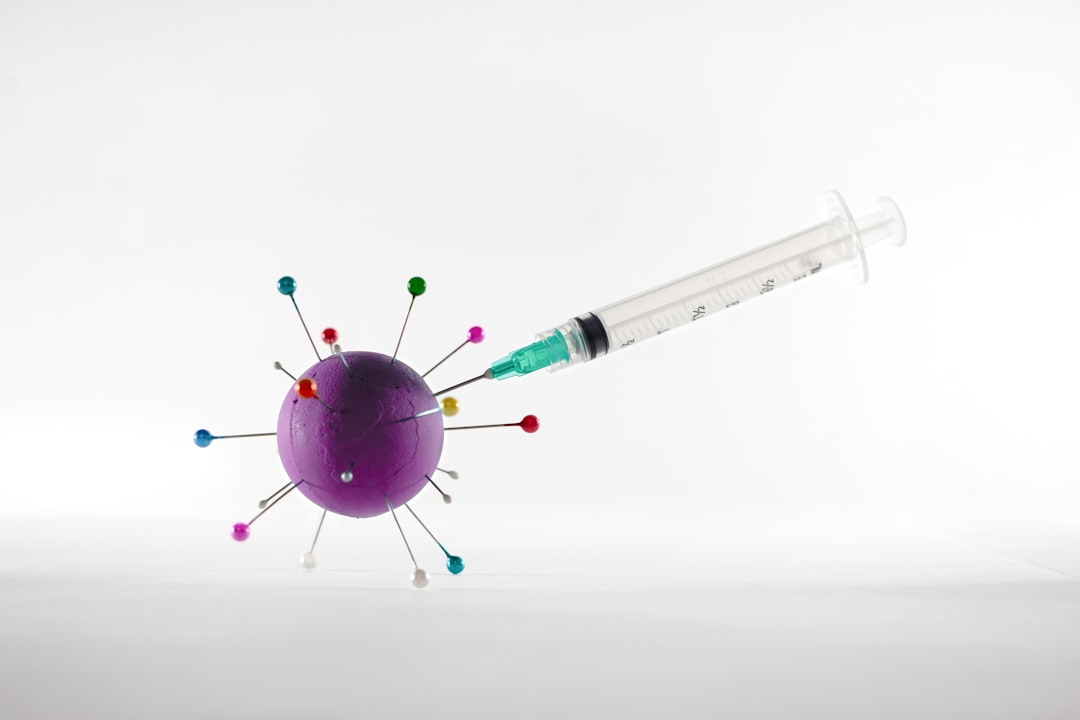What is it about?
Human donor milk should be prioritised when breastfed infants require feeding supplements as advised by the World Health Organization and United Nations Children’s Fund. The lack of human donor milk in maternity settings leads to the use of commercial milk formula for supplementation purposes. The Gibb’s reflective cycle is used to learn from a clinical scenario in which human donor milk is not available in the maternity setting for a healthy term infant requiring supplementation.
Featured Image

Photo by Hollie Santos on Unsplash
Why is it important?
The dependence of Ireland on Northern Ireland to supply human donor milk to Irish hospitals and the impact of supplementation with commercial milk formula on breastfeeding rates was explored in this reflection. The importance of antenatal colostrum harvesting and the lack of research on the use of human donor milk for healthy term infants requiring supplementation were identified. The development of an Irish human milk bank is welcomed.
Perspectives
When commercial milk formula is the only way to supplement breastfeeding babies we realize how important antenatal colostrum harvesting is, and how future plans to make human donor milk more accessible in maternity care will benefit babies and their parents.
Ines Salmoral
Maidstone & Tunbridge Wells NHS Trust
Read the Original
This page is a summary of: Human Donor Milk in Maternity, British Journal of Midwifery, November 2023, Mark Allen Group,
DOI: 10.12968/bjom.2023.31.11.652.
You can read the full text:
Contributors
The following have contributed to this page










